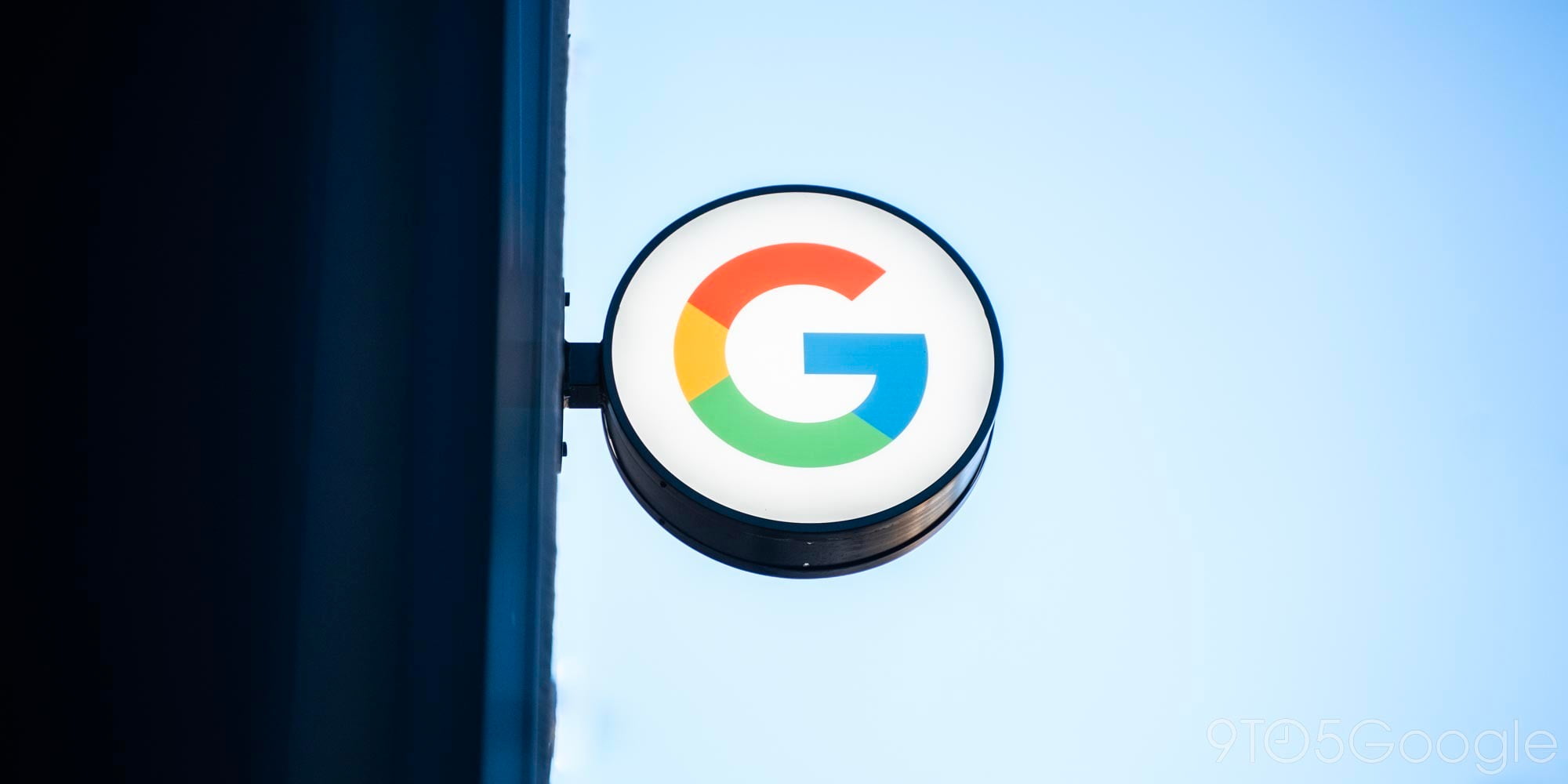

Every year, Larry Page and Sergey Brin write a Founders’ Letter to inform stockholders of recent developments and their vision for the future. For 2016, Page had recently-anointed Google CEO Sundar Pichai write the letter as a majority of ‘bets’ are under his purview. The letter focuses on six main areas.
Starting with search and assistance, Pichai reiterates that Google is still focused on its original mission of “making information and knowledge available for everyone”. A majority of searches now come from mobile and “an increasing number of them via voice.” With people expecting more local and context-specific information, Google is working to provide information at a glance through various cards. Ultimately, Google Now is what the company hopes to move towards in the future: “Smart assistance should understand all of these things and be helpful at the right time, in the right way.”
On machine learning and artificial intelligence, Pichai reiterates how Google’s long-term investment in the two fields is responsible for many current innovations like voice search, translation, and spam filtering. DeepMind’s AlphaGo victory is game changing and an important step in creating AIs that can help in daily tasks and to solve bigger challenges like climate change and cancer diagnosis.
Under content, Google Play now reaches more than 1 billion Android users, while YouTube is the number-one destination for video with over a billion user per month. With YouTube, Google wants to provide more choices for viewers and give them more ways to interact with creators.
With the mobile web being a vital source of traffic, Google continues to make investments like Accelerated Mobile Pages (AMP) to improve the experience. Additionally, Google is working on Progressive Web Apps (PWA) that blur the lines between web and app with features like push notifications and homescreen icons.
Android is touted as a “powerful computing platform” that helped get “supercomputers” in everyone’s pocket. With nods to Android Auto, Wear, and virtual reality, Pichai notes that one day every computer will be an intelligent assistant. As he said during the last earnings call, there will soon be a transition from mobile first to AI first.
The work being done by Diane Greene in enterprise gets a nod, as does Google’s growing enterprise software and hardware offerings. With the help of machine learning and AI, Google wants to dramatically improve the way people work. Just this week, Calendar was updated with the ability to automatically find times for meetings.
Lastly, Pichai believes the Internet is one of the world’s most powerful equalizers and that Google’s main job is to make it available to everyone. He cites advertising as the reason Google can offer their services for free and closes with:
“For us, technology is not about the devices or the products we build. Those aren’t the end-goals. Technology is a democratizing force, empowering people through information. Google is an information company. It was when it was founded, and it is today. And it’s what people do with that information that amazes and inspires me every day.”
FTC: We use income earning auto affiliate links. More.


Comments